Siam Mapped: A History of the Geo-Body of the Nation
by Thongchai WinichakulCurrently out of stock. Will be available Mid 2024
This unusual and intriguing study of nationhood explores the nineteenth-century confrontation of ideas that transformed the kingdom of Siam into the modern conception of a nation. Fundamental to the author's analysis is the assumption that notions of national identities are discursively constructed and therefore are subject to change. Here, modern Thailand is viewed as its territory and related values and practices, or what the author terms its "geo-body." Thongchai Winichakul's compelling narrative explores the emergence of this new territorial entity by examining the influence of modern mapping techniques on Thai conceptions of nationhood.
Before the late nineteenth century the Siamese understanding of the territory of a state precluded the delineation of boundaries in the modern sense. Overlapping or multiple sovereignties were common, whereby a small state might pay tribute to two or more sovereign overlords and still remain sovereign itself. Areas where no country claimed sovereignty also existed, creating a sort of buffer corridor. As Europeans moved into the region in the nineteenth century, bringing with them the new geography and technology of mapping, the confrontation between modern indigenous conceptions of boundary and sovereignty caused misunderstandings in the conduct of diplomatic relations, confusion in surveying and boundary demarcations, and armed military clashes. The Europeans, and later the Siamese rulers, desired a country defined by the new technology of mapping. Ultimately the mapped geo-body replaced the indigenous territory, and a nation emerged.
Siam Mapped challenges much that has been written on Thai history because it demonstrates convincingly that the physical and political definition of Thailand on which other works are based is anachronistic. The work is an important contribution to the study of Thai history, to the study of Southeast Asia—and indeed much of the world—in the nineteenth and early twentieth centuries, and to the literature on nationalism.
About the Author
Having been a prominent leader of the student movement in Thailand in the 1970s, Thongchai Winichakul (ธงชัย วินิจจะกุล) was arrested on trumped up charges after the massacre of student demonstrators at Thammasat University in 1976. His case was dropped in the amnesty of 1978. He has since turned to academic life and in 1988 received his Ph.D. from the University of Sydney. He is currently assistant professor of Southeast Asian history at the University of Wisconsin in Madison. This is his first book and it received the Harry J. Benda Award from the Association of Asian Studies in 1995.
News
- Thongchai Winichakul public discussion at Thammasat University, 3 October 2015 Link

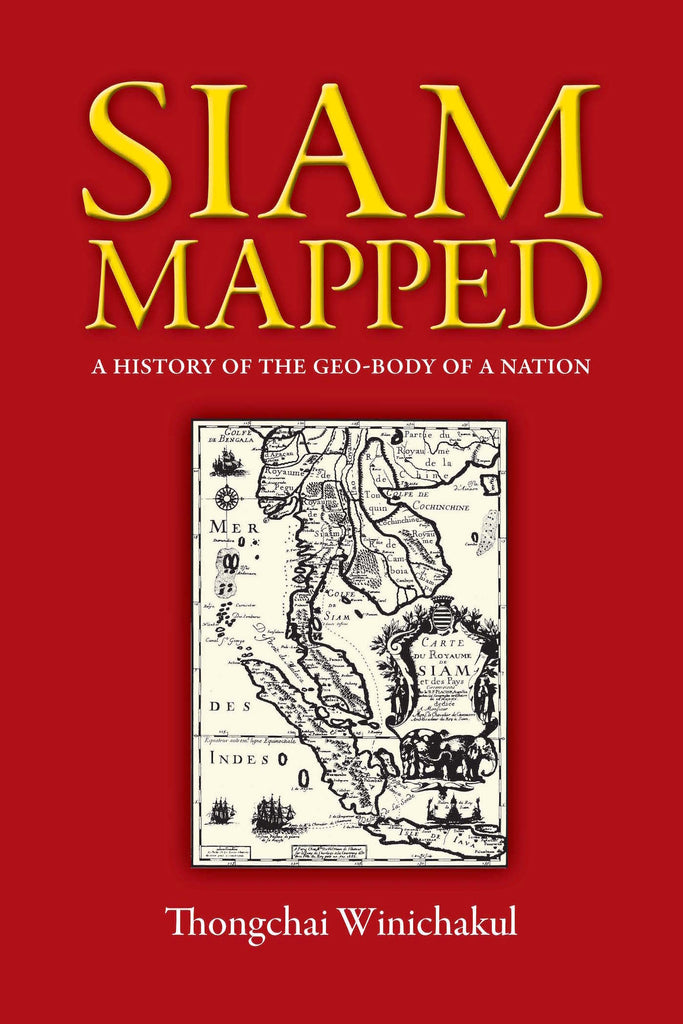
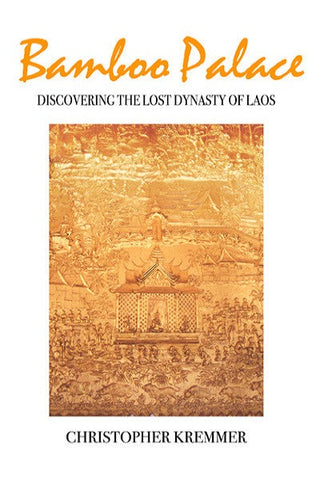

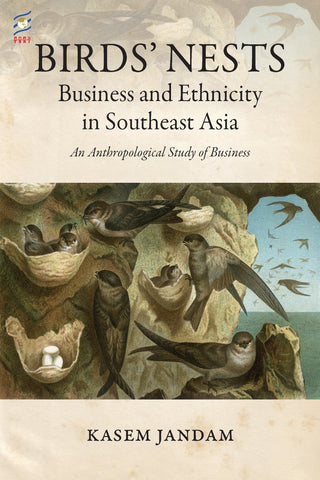

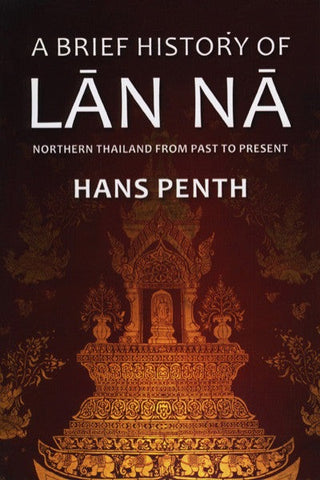
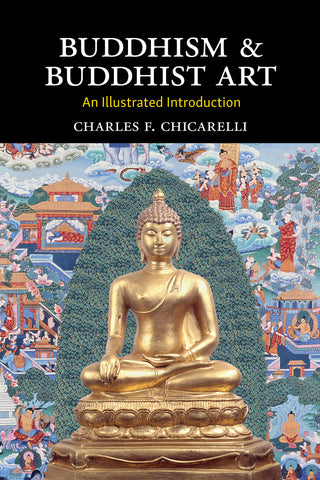
Share this item: